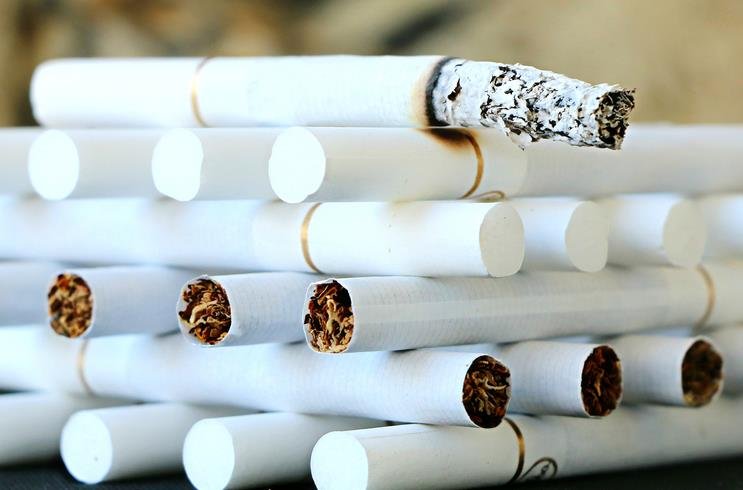The World Health Organisation Framework Convention on Tobacco Control (WHO FCTC) has reaffirmed its commitment to fight the illicit tobacco trade across the globe. The WHO FCTC held a three-day meeting of the Parties to the Protocol to Eliminate Illicit Trade in Tobacco Products, which concluded in Panama on Thursday. The meeting took important decisions on tobacco tracking-and-tracing systems and approved a road map to conduct evidence-based research on illicit trade.

The illicit tobacco trade is a serious and growing problem that harms public health and robs governments of tax revenues that could support health initiatives. According to the WHO FCTC, illicit trade accounts for about 11% of total global tobacco trade, and its elimination could increase global tax revenues by an estimated $47.4 billion annually. Illicit tobacco products are often manufactured in unsanitary conditions, and do not comply with the regulations and standards of the legal market. They also make cheap and unregulated tobacco products easily accessible, undermining efforts to reduce smoking prevalence and protect young people from smoking. The illicit tobacco trade also poses a security threat, as it provides a major source of income for transnational criminal organizations, who often use the profits to fund other illegal activities, such as human trafficking, drug trafficking, and terrorism.
A need for cooperation and coordination among stakeholders
The WHO FCTC stressed the need for cooperation and coordination among various stakeholders, such as governments, international organizations, civil society, and the private sector, to combat the illicit tobacco trade. The meeting also discussed the implementation of the Protocol, which is an international treaty that entered into force in 2018 and aims to eliminate illicit trade in tobacco products through a package of measures, such as licensing, record-keeping, due diligence, seizure, and disposal of illicit products. The meeting also agreed on improvements for the reporting system that the Parties use, which will enhance the quality of data on the implementation of the Protocol. The meeting also expressed its appreciation for the support and solidarity of the host country, Panama, which has been a leader in the region in the fight against illicit trade.
Maria Garcia is an award-winning author who excels in creating engaging cannabis-centric articles that captivate audiences. Her versatile writing style allows her to cover a wide range of topics within the cannabis space, from advocacy and social justice to product reviews and lifestyle features. Maria’s dedication to promoting education and awareness about cannabis shines through in her thoughtfully curated content that resonates with both seasoned enthusiasts and newcomers alike.








